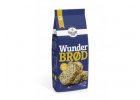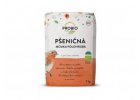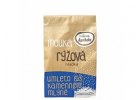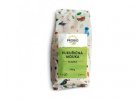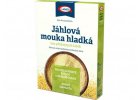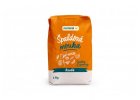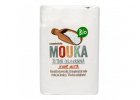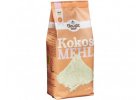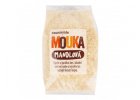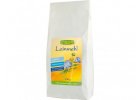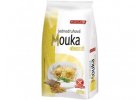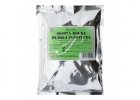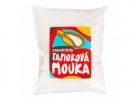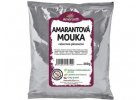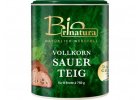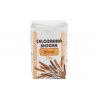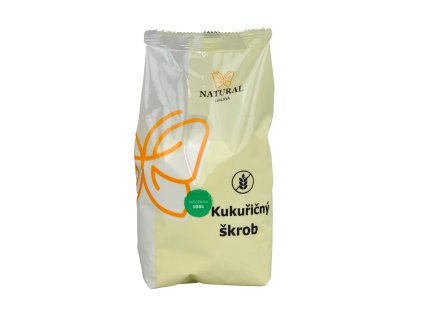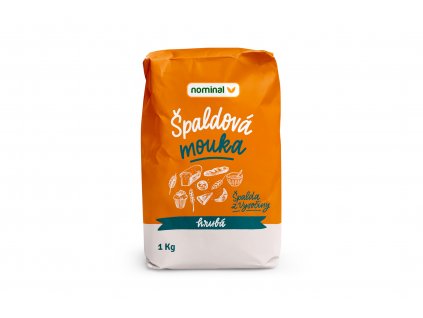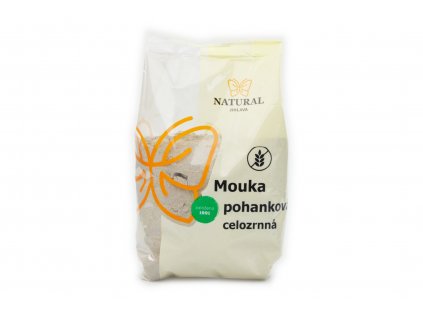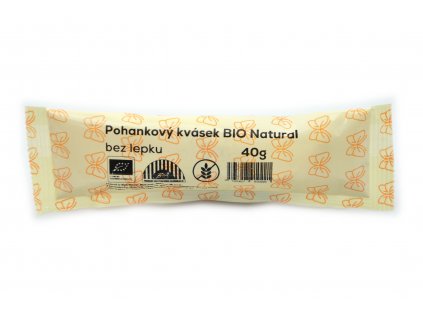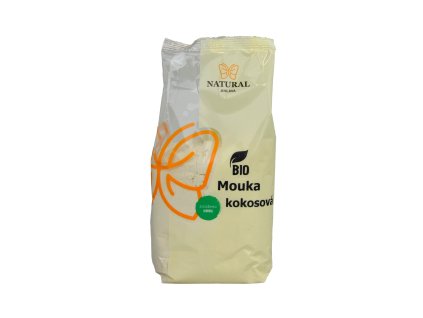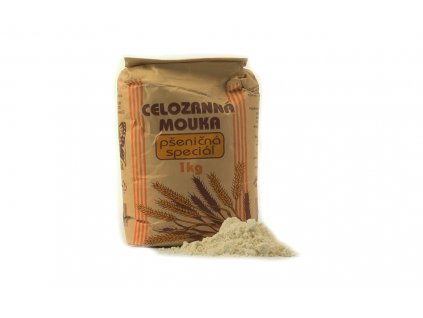Flours
Organic flours have excellent nutritional value and are a great choice for those who prefer a healthier and more ecological alternative. They can be used in cooking and baking various dishes, whether it is baking bread, cakes, cookies, pancakes or other delicacies. When choosing organic flours, it is important to follow the certification that confirms their ecological origin and quality, and thus enjoy high-quality and healthy ingredients for your culinary adventures.
Product sorting
List of products
Among organic flours we can find different types, each with specific properties and taste. Some of them are:
-
Organic wheat flour: This flour is the most common and is mainly used for baking bread, cakes, cookies and other baked goods.
-
Organic rye flour: Rye flour is characterized by its darker color and stronger flavor. It is often used to bake bread and traditional bread products.
-
Organic oat flour: Oat flour is made from finely ground oat flakes and is ideal for making oatmeal, muesli bars or baking cookies.
-
Organic buckwheat flour: Buckwheat flour is a gluten-free alternative and is suitable for people with celiac disease or gluten sensitivity. It is used to bake gluten-free bread or cookies.
-
Organic millet flour: Millet flour is rich in nutrients and has a delicate nutty flavor. It is used in baking and cooking as a healthy alternative.
-
Organic sorghum flour: Sorghum flour has a sweet taste and is rich in fiber. It is used for baking and cooking, especially for preparing desserts.
Flours are the basic ingredient in many baking and culinary recipes and are an integral part of the kitchen. Organic flours are made from organically grown cereals such as wheat, rye, oats, buckwheat, millet, sorghum and others, which are not subject to chemical treatment. Thanks to this, organic flours have an ecological character and support more sustainable agriculture.

